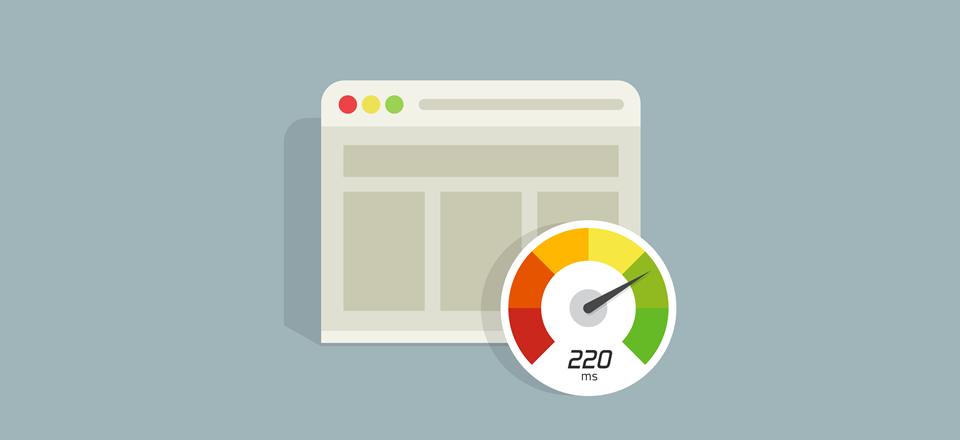
What is the optimal loading speed, one reasonably wonders when they hear about web hosting. The answer we would give is: The fastest possible. This, however, does not answer the question in a realistic mood. According to 2020 surveys, web page load time needs to be less than 3 seconds.
Specifically, Google surveys showed that 53% of users who use mobile devices, leave pages that load in more than 3 seconds. Let’s look in a little more detail at the topic of web page loading, the factors that affect it and what we can do to improve it.
What is web page loading speed?
The loading speed of a web page is the speed at which it loads all the content of a web page (text, images, videos and other elements). The term web page loading time is often used to describe the meaning of the time a user waits to see all the details of a web page on their screen.
The content, code and other building blocks of a site affect the loading time, depending on the size of the files and their structure. It is also possible that some of the content loads fairly quickly, almost instantly, while another type of content that is more complex loads slowly. All of these, however, are issues that need to be resolved.
Why loading speed on a webpage is important?
Initially, the greatest value of a fast loading speed concerns the user, ie the visitor of the website. As technology advances, so do we humans need to be served more directly, receive instant information, and surf the Internet comfortably. This means that a slow loading speed makes us impatient and leave the site.
Every extra second added to the loading time costs a business. Specifically, conversions are reduced by 7%, the page receives 11% fewer views and the service experience decreases by 16%.
Page loading speed also affects search engine rankings. In 2021, Google included Core web vitals as a factor in user experience and ranking, which means that how a page loads and how visually stable it is is now part of a website’s SEO effort.
Factors affecting loading speed
Let us now turn to the slightly more technical paths of loading speed. The factors that affect it are:
“Heavy” code
The “usual suspect” we need to think about when a page loads slowly is the CSS and JavaScript files. That is, the site has a “heavy” as we say code, which can add functionality and style to the site, but makes it quite slow to load.
Hosting on a weak server
Choosing a web hosting for your website can greatly affect the speed of your page. Choose a server hosting that suits your site needs and does not affect the loading of your pages. For example, sites with huge databases, such as large eshops or news portals, may not perform as well as shared hosting.
Preliminary work in development
Many times a website is built with low standards, and results in slow loading, because the code that is written contains a lot of elements that do not serve a purpose. Development standards do not always have to do with the price you paid to build your website.
That is, a high value does not guarantee that the developer, who will be tasked with developing the code, will do the job properly. What is needed is a team of web developers who want and can develop well-written and “beautiful” – as we like to call it – code. To check your website’s code, you need the help of an experienced web developer.
Many add-ons and functionalities
Websites that use WordPress can be easily customized with plugins and widgets. This is often the cause of slow page loading speed. The more widgets and add-ons you use on your website, the more time it takes for them to appear on a visitor’s screen.
So make sure you only connect the plugins you really need. It is also important to know if these add-ons have been created by trusted sources, and if their creators update them frequently.
Hotlinking
Finally, another factor that makes a site slow is hotlinking. Hotlinking is the process of hosting content on your server, uploading it to another website. This burdens your own hosting, without any benefit to your own website.
In fact, if a few thousand navigations are made to the other website, there is a possibility of closing your hosting account.
How my website speed affects Google rankings?
Having talked about the factors that affect loading speed, let’s now look at how a slow loading speed, in turn, affects search engine rankings. Since 2010, Google has referred to loading speed as a factor that affects ranking.
From 2018 onwards, this factor was taken into account for mobile devices. This means that you may have the most beautiful website and the best SEO content, but if your page loading speed is low, it will be difficult to get to the top of the rankings.
